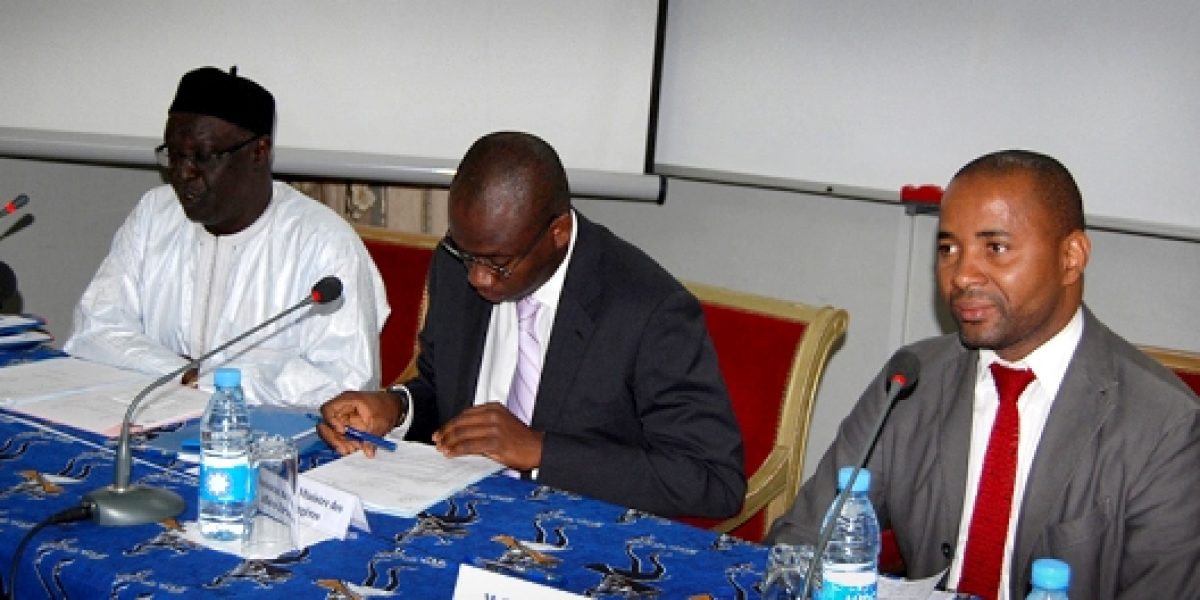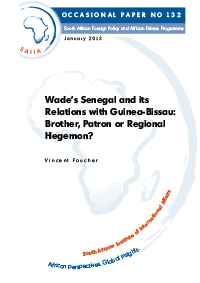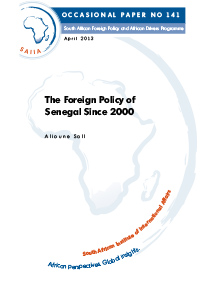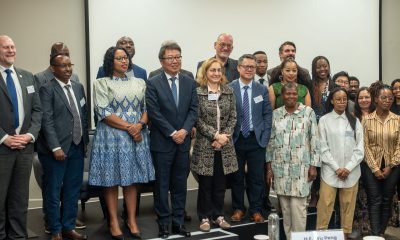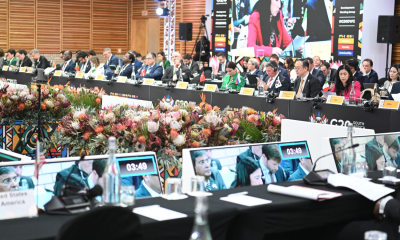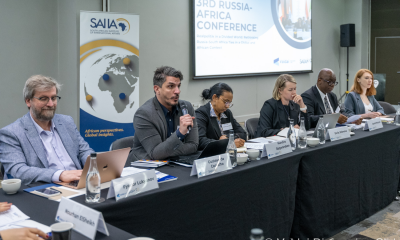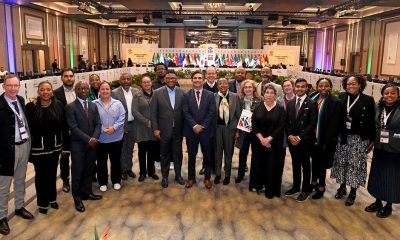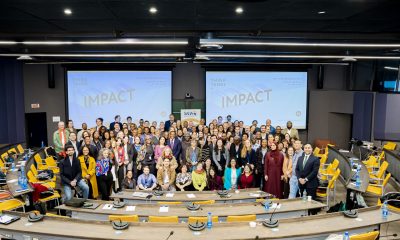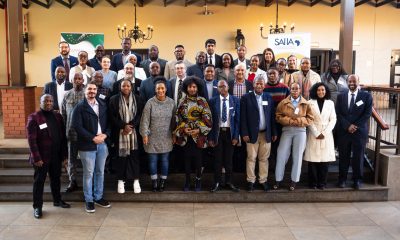First, the country diversified partnerships from the traditional powers to countries in the South, notably the Middle-East, and deeper engagement with China after the suspension of its relationship with Taiwan.
Second, the term of President Wade was marked by a period of political confrontation with France, which paradoxically has been Senegal’s most important bilateral partner.
Third, Senegal dedicated substantial diplomatic resources to its immediate region, including a more meaningful role in African affairs.
The Presidency of Abdoulaye Wade came to an end after his defeat by Macky Sall during the Presidential elections of March 2012. SAIIA’s South African Foreign Policy and African Drivers (SAFPAD) Programme commissioned three papers to unpack Senegal’s foreign policy since 2000.
Download these research papers in English and French
Wade’s Senegal and its Relations with Guinea-Bissau: Brother, Patron or Regional Hegemon?
by Vincent Foucher
SAIIA Occasional Paper No 132, January 2013
Against the background of the low-intensity conflict that affects its Casamance region, Senegal should pay particular attention to its relations with its southern neighbour, Guinea-Bissau. Since 2000 Senegal has used its democratic legitimacy, diplomatic network and scarce resources to pursue a policy of influence and patronage towards a neighbour weakened by the war of 1998. In return, the Senegalese government has received special support from the Guinea-Bissau armed forces in its fight against secessionist rebel forces in Casamance. Far from being merely a representative of – or channel for – French or Western interests, under the leadership of Abdoulaye Wade Senegal showed its capacity for exercising a policy of influence in the West Africa sub-region and the African continent as a whole, albeit as a consequence of some favourable conditions, and with only limited financial resources. Also available in French:
Franco–Senegalese Relations 2000–2012
by Tony Chafer
SAIIA Occasional Paper No 133, January 2013
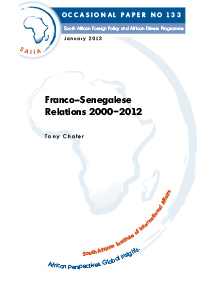
The Foreign Policy of Senegal since 2000
by Alioune Sall
SAIIA Occasional Paper No 141, January 2013
After President Abdoulaye Wade became president of Senegal in 2000 some apparent changes in Senegalese foreign policy could be discerned. This paper considers the extent to which that policy changed under his administration. It examines significant trends in the foreign policy of Senegal; the role played in them by national institutions; and the domestic and international political backdrop.A major issue is the extent to which foreign policy formulation and implementationwas taken out of the control of the Ministry of Foreign Affairs and of ‘classical’ diplomacy in favour of increased involvement by specialist elements from government and non-state organisations. This has occurred largely in response to an increased emphasis on economic issues that has also brought some realignment in Senegal’s international relationships, away from traditional partners towards the emerging economic powers. There has also been a revival of Pan-Africanist thinking with concomitant stress on African continental, regional and sub-regional issues. Also available in French:

